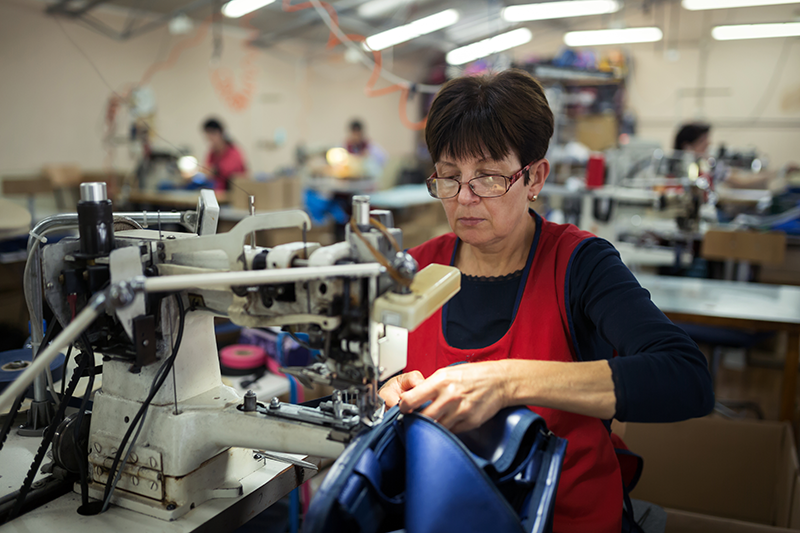EU context
I den europæiske søjle for sociale rettigheder opstilles EU's forpligtelser vedrørende lønninger: arbejdstageres ret til en rimelig løn, der giver mulighed for en ordentlig levestandard, sikring af tilstrækkelige mindstelønninger og forebyggelse af fattigdom blandt personer i arbejde.
Eurofounds arbejde
Eurofound aflægger regelmæssigt rapport om forskellige aspekter af løn og indkomst i lyset af de ændrede økonomiske omstændigheder rundt om i Europa.
Overvågning af lønninger
Gennem sit Europæiske Observatorium for Arbejdslivet (EurWORK) samler Eurofound en række forskellige oplysninger om løn. De regelmæssige rapporter skaber en længere række af iagttagelser af kollektivt aftalt løn, så det bliver muligt at overvåge tendenser. Eurofound offentliggør regelmæssige relevante ajourføringer om lovbestemt mindsteløn og kollektivt aftalt løn. Eurofound overvåger ligeledes udviklingen på nationalt plan vedrørende lønfastsættelsesmekanismer, ligeløn, variabel løn, lav løn og kønsbestemte lønforskelle.
Landeprofiler om arbejdslivet indeholder oplysninger om løn på nationalt plan og ajourføres regelmæssigt. EurWORK har to databaser om løn (se ressourcer nedenfor).
Eurofounds European Jobs Monitor (EJM) vurderer ændringer i beskæftigelsen fordelt på erhverv i henhold til forskellige kvalitative foranstaltninger, inklusive løn. Den bidrager navnlig til vores viden om fænomenet beskæftigelsespolarisering – det vil sige i hvilken udstrækning væksten i beskæftigelsen vil være større i toppen og bunden af lønfordelingen end i midten.
Undersøgelsesdata
Eurofounds undersøgelser vedrører også lønforhold i EU. Løn er et centralt aspekt for Eurofounds forskning med henblik på vurdering af arbejdets kvalitet. I den europæiske undersøgelse af arbejdsvilkår (EWCS) er indtjening en af de syv indikatorer for jobkvalitet. EWCS rapporterer også om kønsbestemte lønforskelle. Se EWCS' interaktive datavisualiseringsværktøj.
Den europæiske livskvalitetsundersøgelse (EQLS) bruges til at overvåge indkomstens betydning for levestandarder, og hvordan indkomstulighed hænger sammen med social samhørighed og velvære. Den analyserer, hvordan krisen har påvirket familier, og kigger på lavindkomstfamilier, husholdningernes gældsætning og de grupper, der risikerer at havne i fattigdom. EQLS samler også oplysninger om indkomst i pensionsalderen og mulighederne for at forlænge arbejdslivet. Se EQLS' interaktive datavisualiseringsværktøj.
Den europæiske virksomhedsundersøgelse (ECS) ser nærmere på brugen af variable aflønningsordninger i virksomheder og organisationer, samt i hvilken udstrækning disse virksomheders og organisationers medarbejdere er omfattet af kollektive lønaftaler. Undersøgelsen gør det muligt at kæde oplysninger om variabel løn og lønforhandlinger sammen med oplysninger om arbejdets tilrettelæggelse, forvaltning af menneskelige ressourcer, direkte medarbejderdeltagelse og social dialog samt resultater og velvære på arbejdspladsen.





















